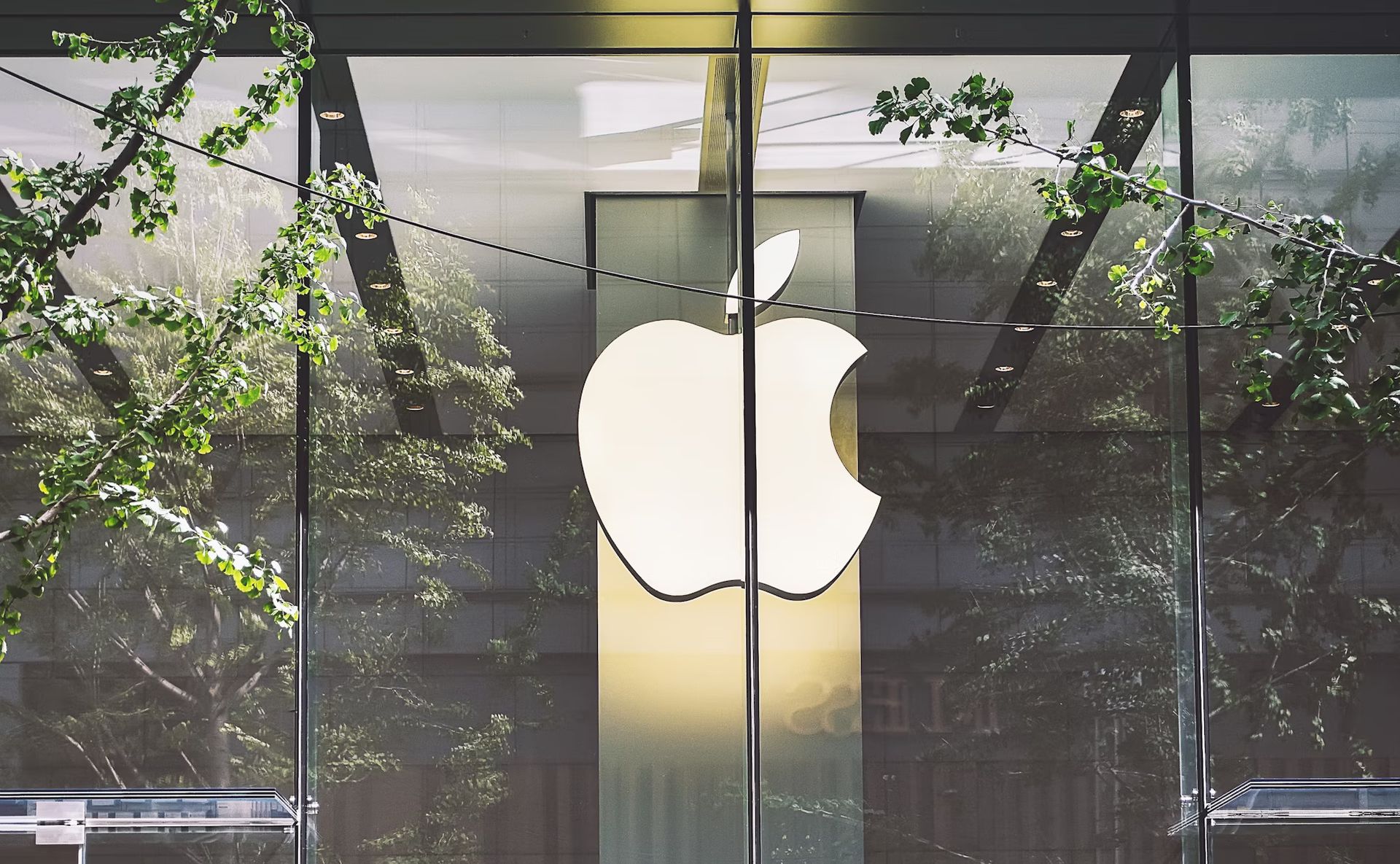and the distribution of digital products.
Judge to decide if DOJ case against Apple proceeds

Apple is contesting the U.S. Department of Justice’s antitrust lawsuit, asserting that its practices foster innovation rather than hinder competition, The Verge reports. This legal battle centers on claims that Apple monopolizes the smartphone market, affecting interoperability with third-party apps and devices.
Apple contests DOJ antitrust lawsuit over smartphone market practicesIn March, the DOJ and several states filed a lawsuit against Apple, alleging that the company unlawfully controls the smartphone market, thereby restricting competition and locking consumers into its ecosystem. The case will be presented to U.S. District Judge Julien Neals in Newark, New Jersey. Apple argues that its policies are necessary for promoting innovation and consumer security. However, DOJ prosecutors maintain that Apple’s structure stifles competition by limiting choices for consumers and app developers.
Apple has cited past court decisions, including dismissals of cases against Meta and Google, to support its argument that not providing access to proprietary technology should not be interpreted as anticompetitive behavior. The core issues of the lawsuit involve Apple’s practices regarding fees for app developers and its restrictions on rivals’ access to its platform, which they contend unfairly drive up costs for consumers.
Understand Apple’s iPhone monopoly lawsuit in 6 questions
The DOJ’s case alleges five specific examples of anticompetitive conduct, including degraded messaging quality between iPhones and Android devices, and limiting the functions of third-party smartwatches. Apple contends the allegations are speculative and lack sufficient evidence to substantiate claims of monopoly power. The company claims the third-party developers involved are financially stable, referencing large social media and banking firms as well as global gaming companies.
During a recent hearing, DOJ counsel Jonathan Lasken countered Apple’s claims, stating, “We’re here today based on the idea that it’s not plausible that [Apple] has monopoly power.” This remark highlights the DOJ’s argument that Apple’s market dominance relies on its position as a leading technology provider rather than an outright monopoly.
Judge Neals’s eventual ruling will determine whether the government’s case will advance to trial or be dismissed. He mentioned that he hopes to issue a decision by January. Given the current political climate, it remains uncertain how a change in administration could influence the DOJ’s approach to this case. Notably, President-elect Donald Trump has criticized Big Tech, which could potentially complicate Apple’s standing in ongoing antitrust discussions.
Featured image credit: zhang kaiyv/Unsplash
- Home
- About Us
- Write For Us / Submit Content
- Advertising And Affiliates
- Feeds And Syndication
- Contact Us
- Login
- Privacy
All Rights Reserved. Copyright , Central Coast Communications, Inc.